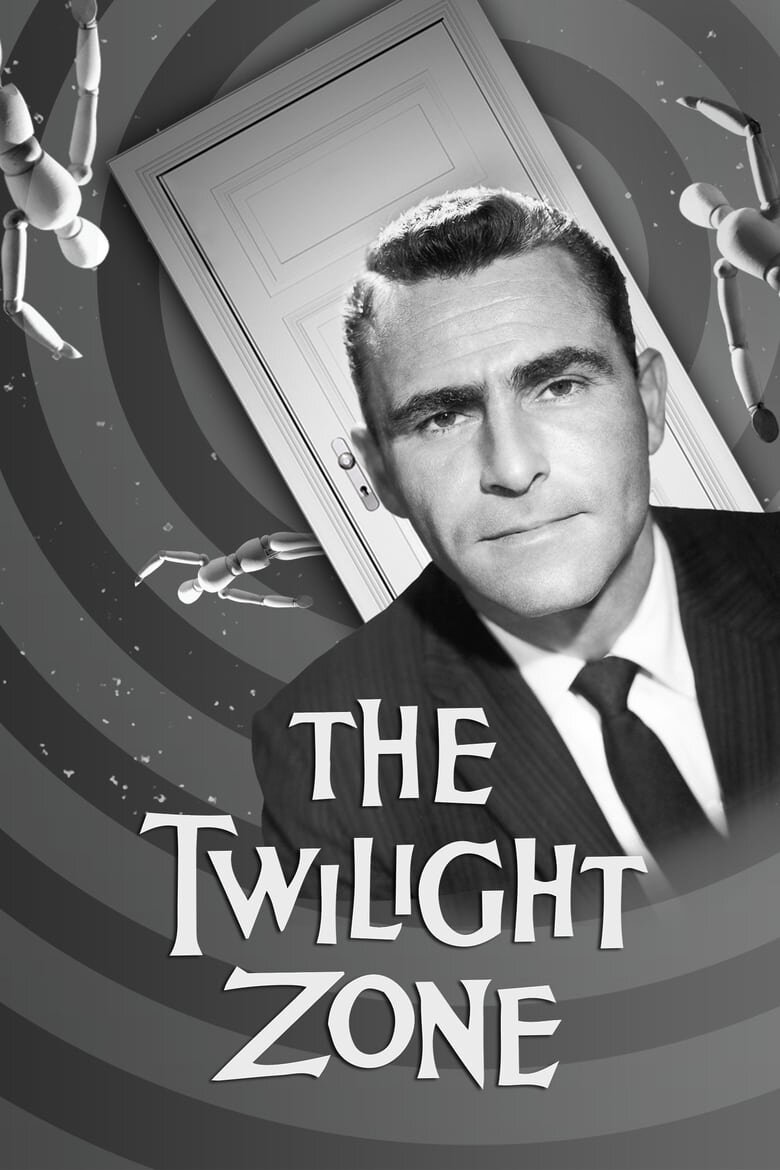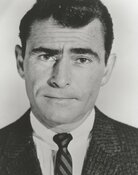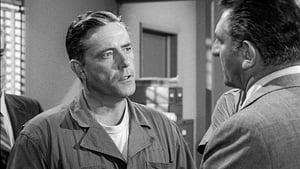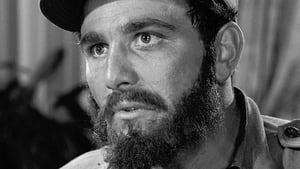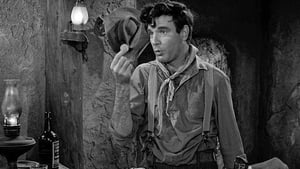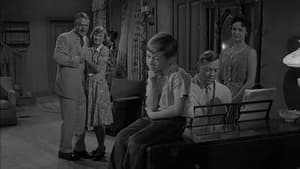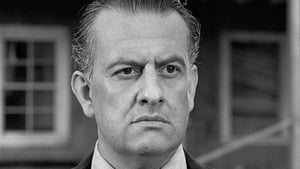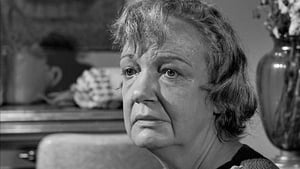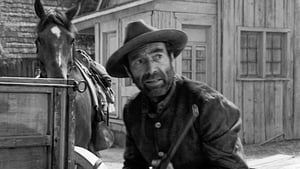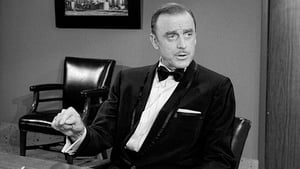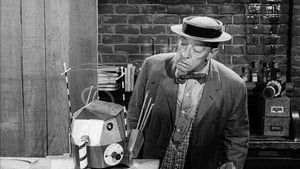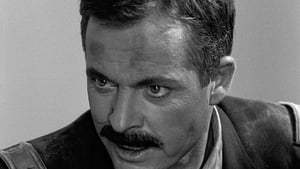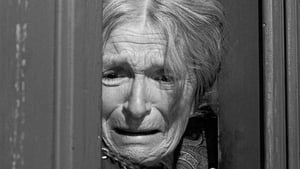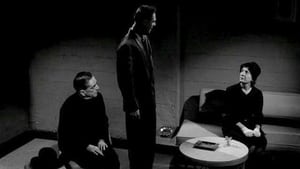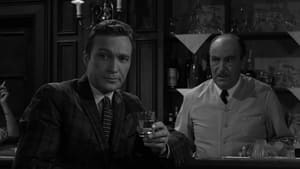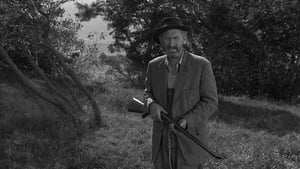The Twilight Zone
It's a Good Life
Season: 3
Episode: 8
Air date: 1961-11-03
Guest stars: Alice Frost,Cloris Leachman,Max Showalter,Jeanne Bates,Lenore Kingston,Thomas Hatcher,John Larch,Bill Mumy,Don Keefer
Little Anthony Fremont controls an entire town with his ability to read minds and make people do as he wishes. Which is a real good thing.
As Trey and Matt put it, kids are assholes. The problem with the innocence of a child, as I've mentioned before in my "And The Children Shall Lead" review, is that said innocence would sometimes equate to naivety or even moral ignorance. And when you're a literal god, there's not a whole lot your parents can do to course-correct you.
But the great thing about this episode is its thematic fluidity, because more than just another "enfant terrible" storyline, it could also be interpreted as an allegory for totalitarianism distilled into a six-year-old psychopath with a bowl cut.
Peaksville is a town living under absolute, paralyzing fear, forced to perform joy and compliance under threat of instant erasure. It’s basically North Korea, if Kim Jong-un were a petulant first grader who could bend reality instead of just rewriting history books. You can’t criticize, you can’t complain, you can’t even think the wrong thing—because if Anthony senses a single bad vibe, boom, cornfield. That’s the essence of fascism: an all-powerful leader whose whims dictate reality, and everyone else is too terrified to do anything but smile and nod.
It’s funny how this episode came out in 1961, but it still applies to every modern dictator and authoritarian cult today. Just swap out “the cornfield” for a gulag, a prison, or a digital blacklist, and you’ve got a horror story that never stopped being relevant.
The scariest part though comes when Dan Hollis accuses Anthony's parents of being the one who gave birth to the little monster, which could also be taken as every citizen that put Hitler in power (or Donald J. Trump, I guess, depending on your political flavor), because now it's not even entirely the monster's fault, but the people who allow him to do it.
I like the subtle attempts to showcase Anthony's powers (I kept thinking which universal-level being could beat Anthony without being OPed), particularly the case with the Jack in the Box, but I also kinda wish Rod went hog wild with it and just showed us all kinds of crazy things Anthony could do (see Robert Daly in USS Callister), but I guess the budget wouldn't allow Rod the privilege. Ah well.
